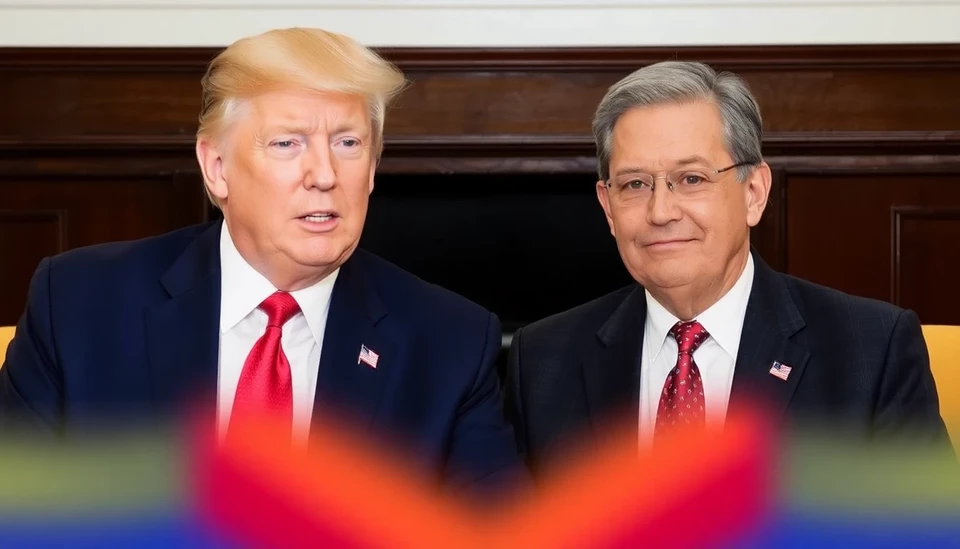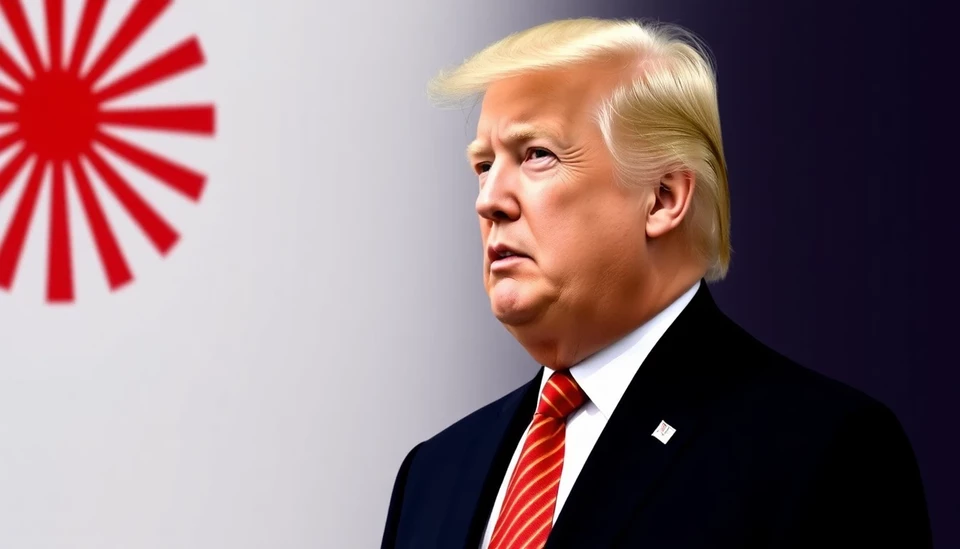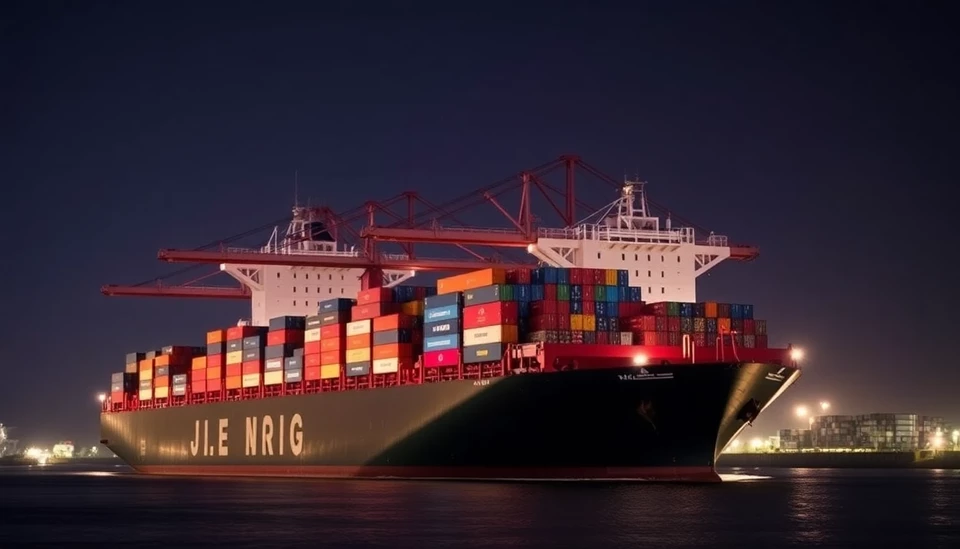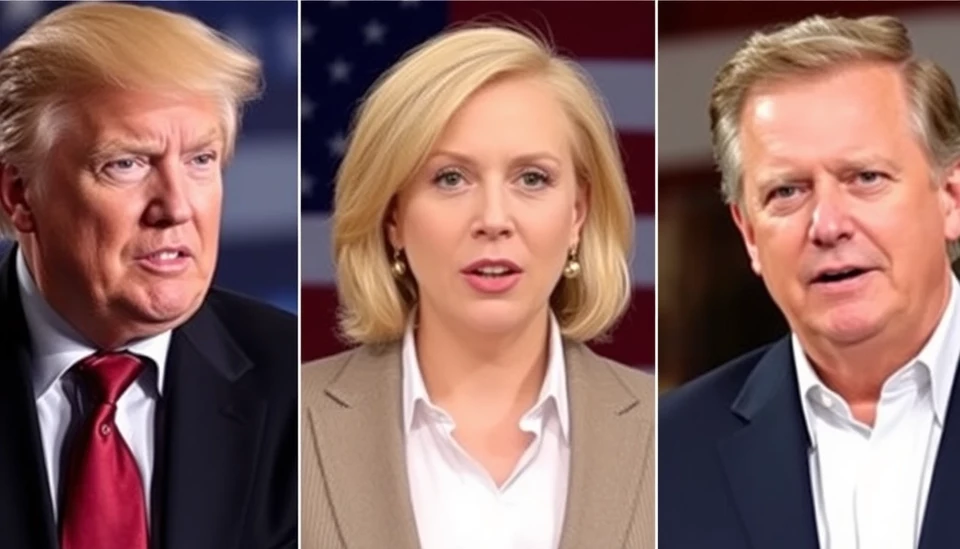
In a strategic move that underscores the intermingling of corporate interests and international diplomacy, former President Donald Trump is reportedly seeking to use Chevron’s operations in Venezuela as leverage against President Nicolás Maduro. This development comes amid a complex political landscape in Venezuela, where the U.S. continues to impose sanctions aimed at undermining Maduro’s government.
The backdrop of this situation ties into the broader context of the U.S.-Venezuela relations, where the Trump administration had previously implemented rigorous sanctions against Venezuelan state-owned oil company PDVSA (Petróleos de Venezuela, S.A.) in 2019. These sanctions were part of a concerted effort to pressure Maduro to relinquish power, with limited effect. As the geopolitical landscape shifts, Trump is now eyeing Chevron’s move within the country as a possible leverage point.
Chevron, one of the largest oil companies in the world, has operated in Venezuela for decades and is looking to resume its drilling amid a surge in global oil prices and potential openings in the waning restrictions prompted by U.S. policy. Trump’s strategic calculation suggests that he is attempting to reposition these corporate interests in a way that not only benefits Chevron but also undermines Maduro’s grip on power by increasing U.S. influence over the nation’s lucrative oil sector.
Sources have indicated that Trump's discussions revolve around how Chevron could facilitate a more significant U.S. presence in Venezuela, provided that the economic sanctions are lifted or reduced. Chevron’s long-standing investment in the country may grant them a unique position where they can advocate for reforms that align with U.S. interests, potentially complicating Maduro's ability to maintain tight control over the oil sector.
This maneuver reflects a broader trend where diplomatic strategies are entwined with economic incentives, particularly as both nations struggle with internal challenges. While Trump’s approach may yield immediate political gains, it also poses risks given the volatility of Venezuelan politics, where the lines of power can shift rapidly.
Moreover, the situation raises pertinent questions about the ethical implications of intertwining corporate interests with political negotiations. Critics argue that leveraging a corporation like Chevron to influence regime change not only commodifies the sovereignty of nations but could also lead to unintended consequences in Venezuela’s social and economic fabric.
As Trump’s prospects for a political comeback are explored, this engagement with Chevron could potentially become a centerpiece of his foreign policy narrative. By positioning himself as a candidate willing to take tough stances against regimes recognized as hostile to U.S. interests, he may mobilize voter support domestically among those who view the Venezuelan crisis as a pressing humanitarian issue.
With the 2024 presidential election looming, this dynamic between Trump and Chevron may further complicate the already intricate relations between the U.S. and Venezuela. Observers are keenly watching to see how these developments unfold, particularly in light of Chevron's operations which could pivot based on changing governance in Washington.
In conclusion, as Trump leverages Chevron’s oil interests to bolster his political strategy against Maduro, it exhibits the convergence of business, politics, and international relations in a globalized economy, raising significant implications for both nations.
#DonaldTrump #Chevron #Venezuela #NicolasMaduro #OilPolitics #USForeignPolicy #Sanctions #OilIndustry #GlobalEconomy #2024Election
Author: Laura Mitchell




